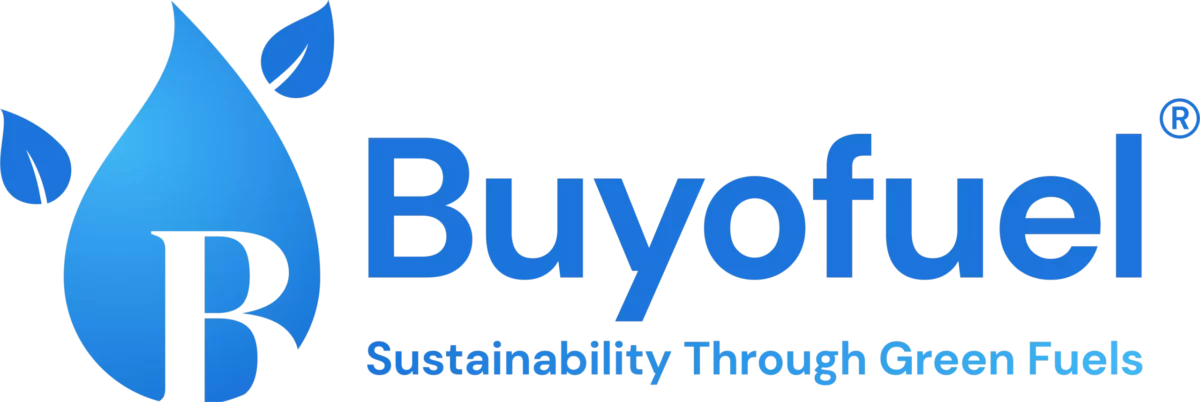Buyofuel launches Buyo Inventory App to transform biofuel inventory management
The app helps to track real-time inflow of raw materials and outflow of finished products parameters for the alert to maintain an appropriate level of stock.
Buyofuel, India’s top biofuel marketplace, announced the launch of the Buyo Inventory App to transform biofuel inventory management. Biofuel manufacturers, suppliers, and traders face enormous challenges in managing raw material inflow, finished product outflow, production schedule, and machinery maintenance in an increasingly competitive market. Gallery Buyo Inventory App Solution minimizes such pain areas and provides a more efficient, scalable, and sustainable solution for smooth inventory management. Inventory management has been a longstanding issue in the biofuel industry, given cost and timing issues, like stock mismanagement or overproduction of biofuels, material wastage from production processes such as fermentation, and unplanned downtime of machinery. To address these challenges, Buyofuel introduces the Buyo Inventory App to optimise operations and improve inventory management within the biofuel industry. The Buyo Inventory App is available for download across leading app stores and can be easily integrated into operating processes.
The Buyo Inventory App comes with numerous features that are specifically designed for biofuel distributors and producers. It helps to Track Real-time inflow of raw materials and outflow of finished products parameters for the alert to maintain an appropriate level of stock. This feature assists in minimizing overstocking or shortages to maintain smooth operations. Furthermore, the app integrates into machinery maintenance schedules and production capacity, helping ensure parts are available when needed, and minimizing downtime. It’s easy-to-navigate interface leads to rapid adoption of the platform across teams, even if they are at different operational levels. Its versatility in different kinds of businesses supports active adaptation to different biofuel processes. With vast experience in the biofuel business, Buyofuel developed the Buyo Inventory App to provide added value to bio fuel producers and suppliers.
Building this app after learning about the challenges of trying to improve things in the industry, the app works with the other Buyofuel tools to provide a single dashboard that can run everything. It can also be adapted to all types of biofuels processes as it can use rice husks, bagasse, groundnut shells, and other biomass feedstocks. Benefits such as cost efficiency also fall into this category, as the ability to optimize for machines and spare parts helps reduce waste and make production more productive by minimizing downtime. Moreover, it encourages sustainability by optimizing inventory management and minimizing the carbon footprint.
Kishan Karunakaran, Founder & CEO of Buyofuel said, “The Buyo Inventory App is a key milestone for the biofuel sector. It is intended to streamline inventory management and enable biofuel companies to run more cost-efficiently. Its powerful features and intuitive interface help users streamline operations, reduce waste, and improve overall profitability.” The app can be adapted immediately by biofuel manufacturers and suppliers to reap the benefits of more robust inventory control and improved operational productivity. The new solution is the latest step in Buyofuel’s emphasis on innovation and sustainability that enables the biofuel sector to implement intelligent technologies that drive growth and help deliver a greener tomorrow. Technology reviews Buyofuel is a leading platform dedicated to transforming the biofuel industry through innovative solutions. With a focus on sustainability and efficiency, Buyofuel connects biofuel producers, suppliers, and consumers to create a seamless ecosystem for biofuel trade and management.”
The app helps to track real-time inflow




